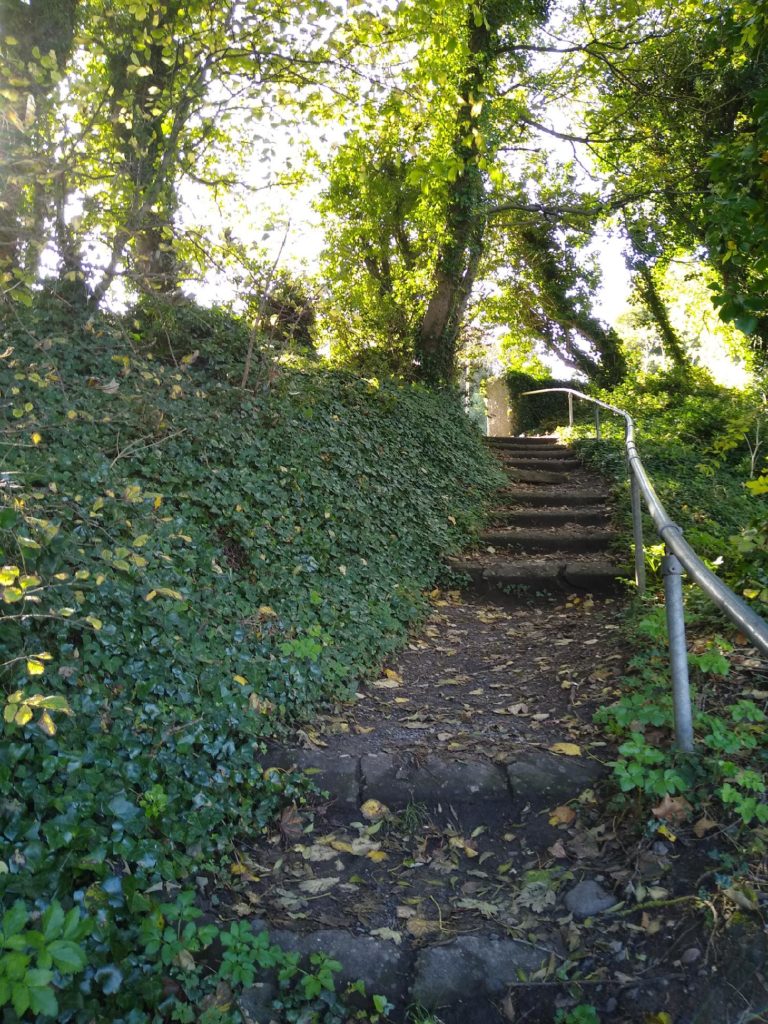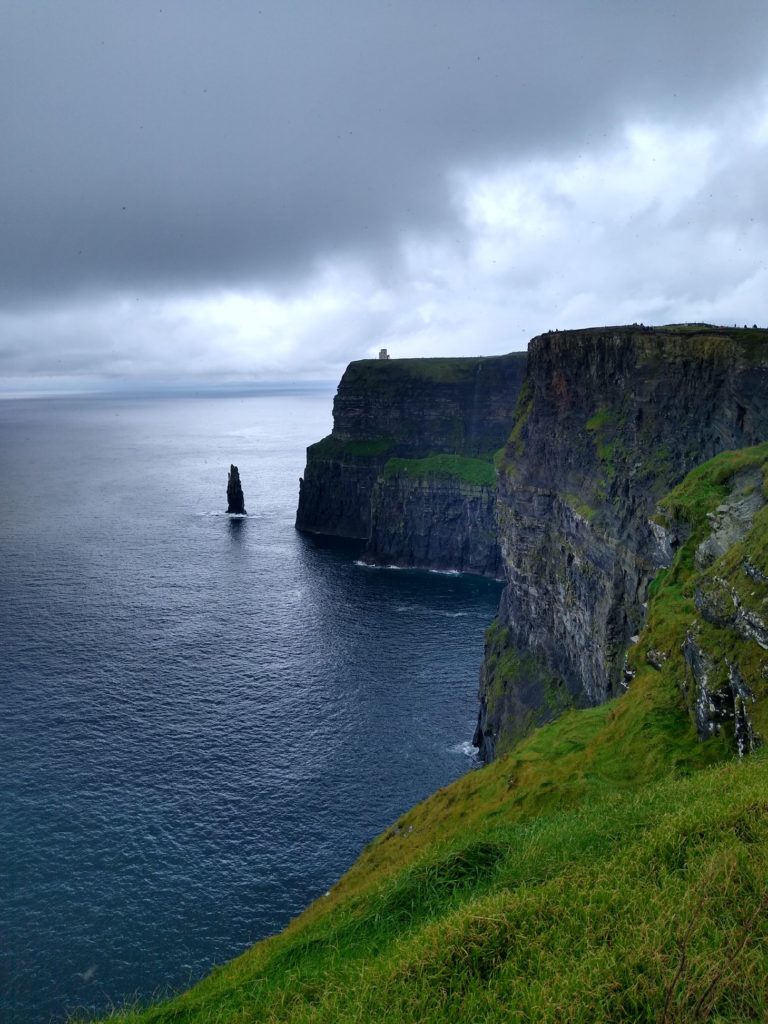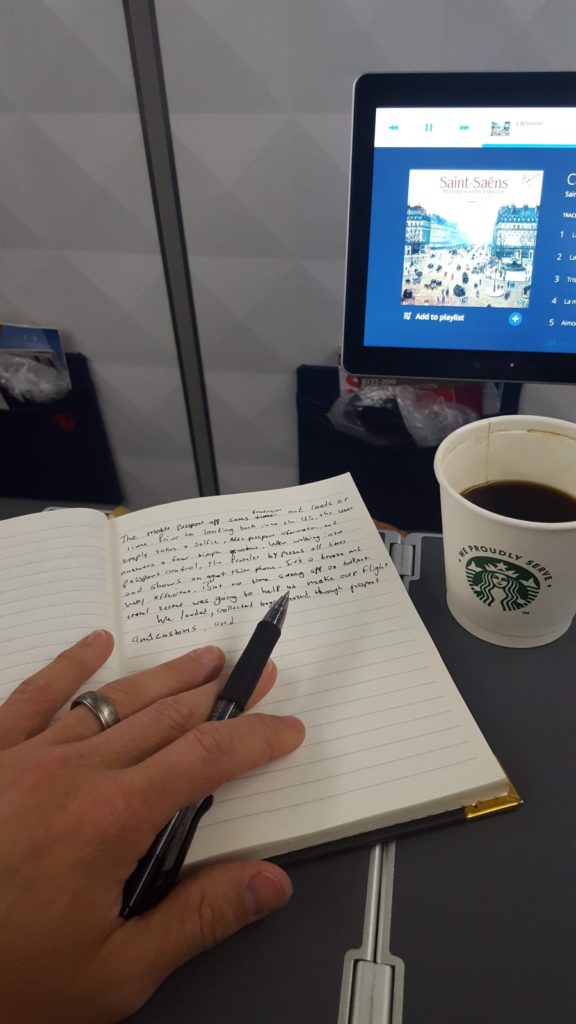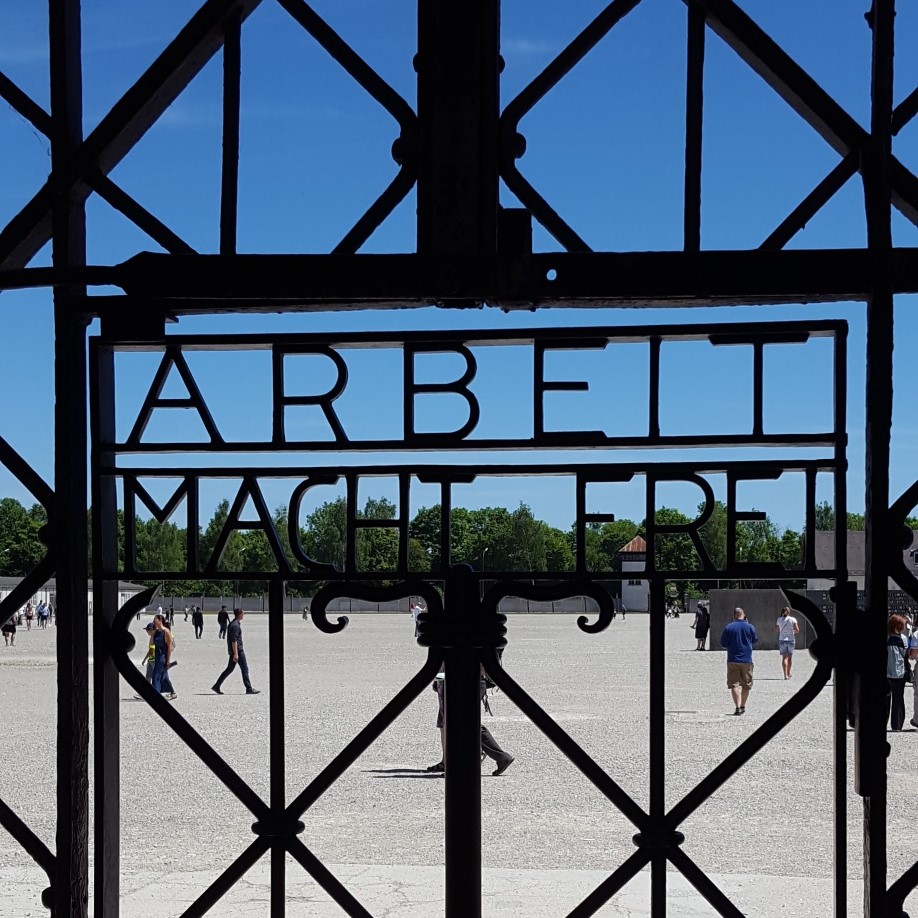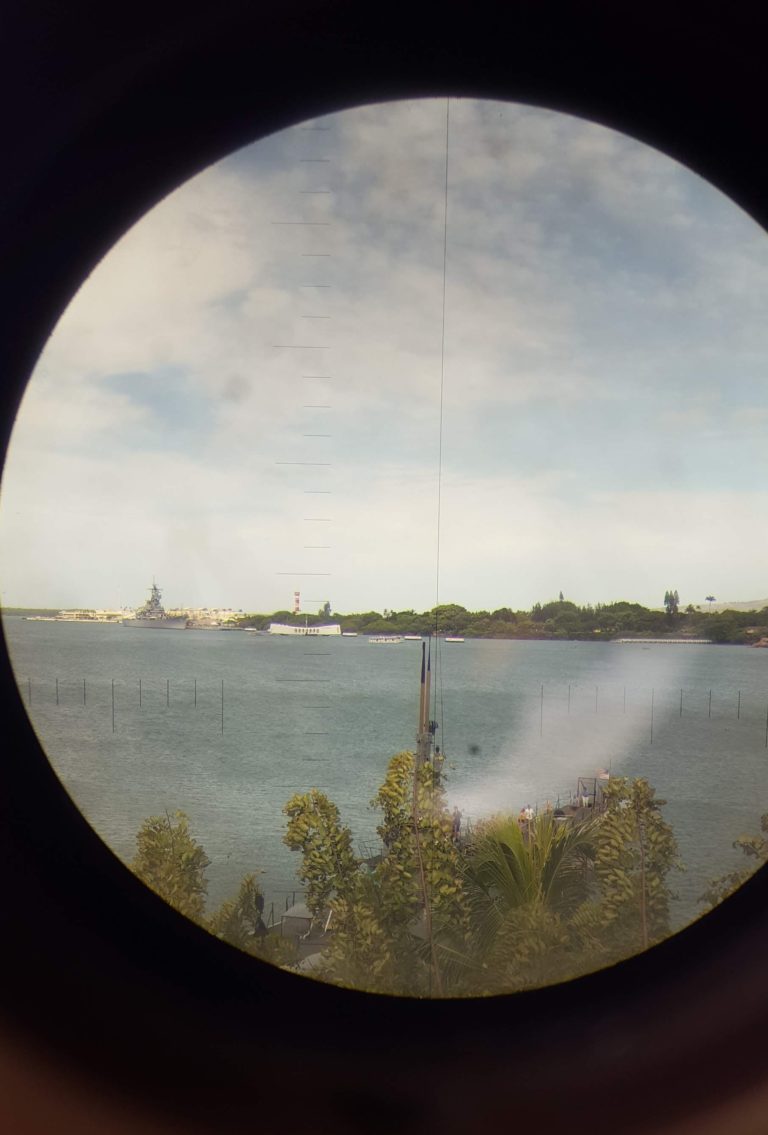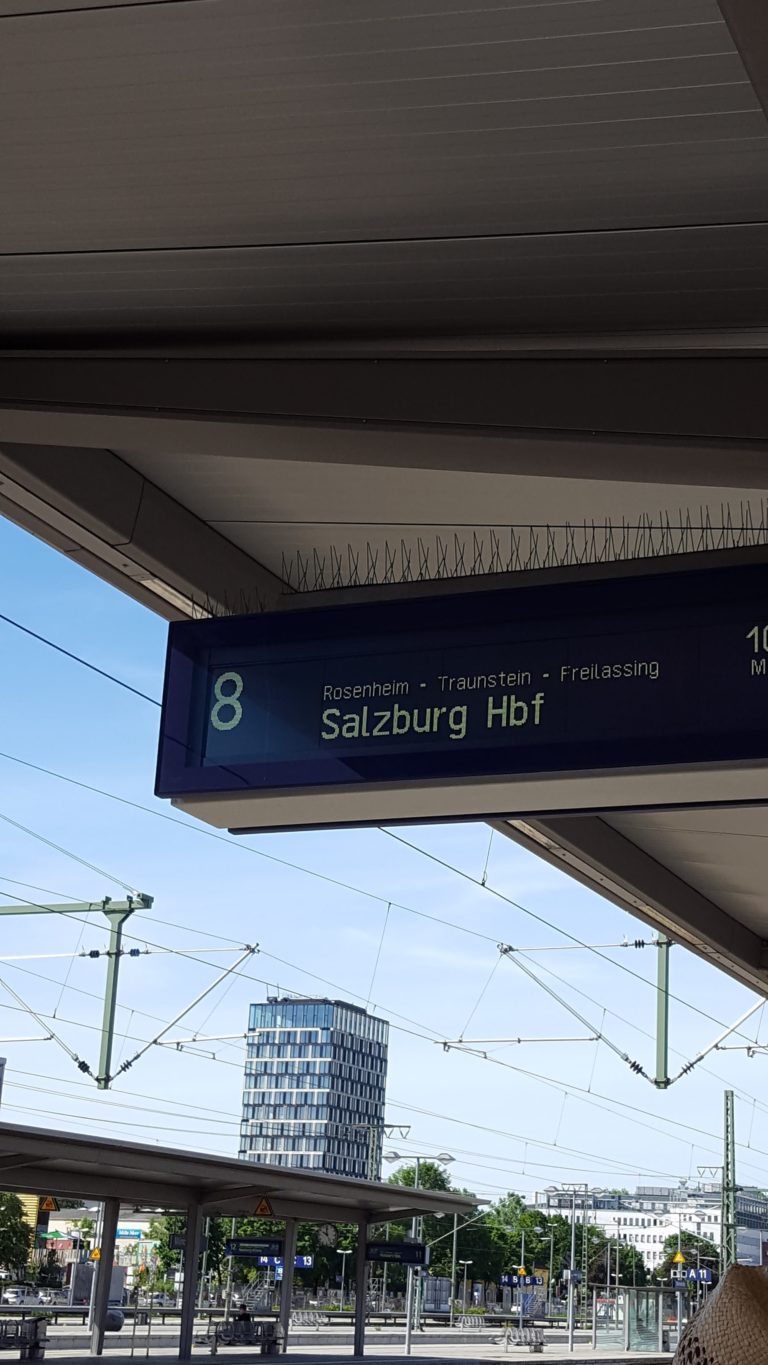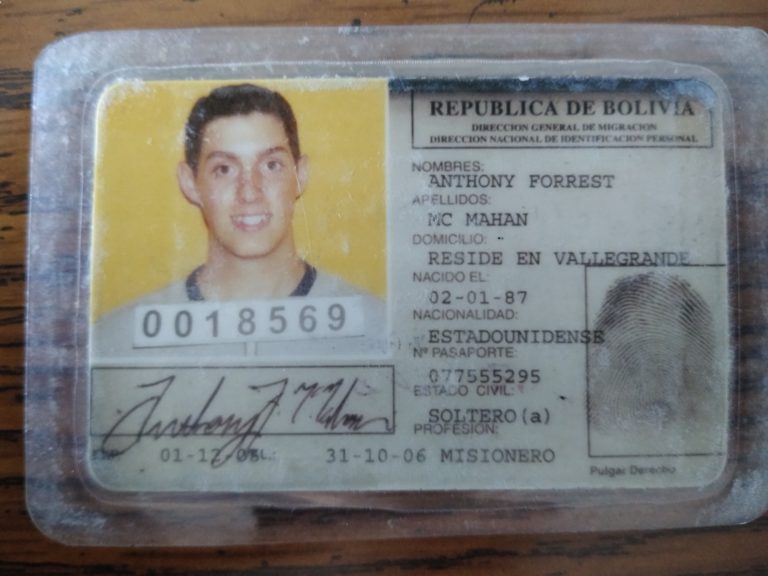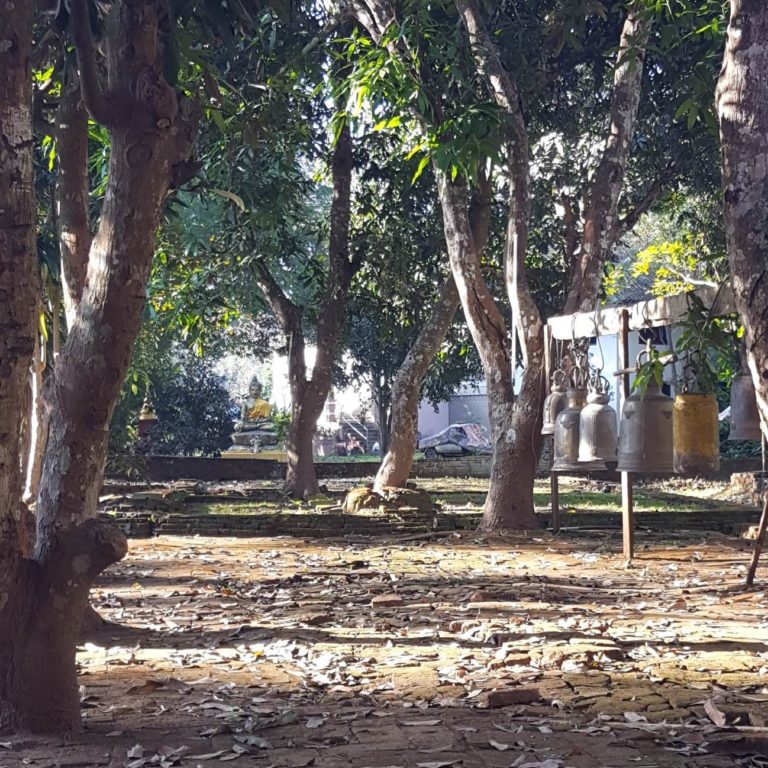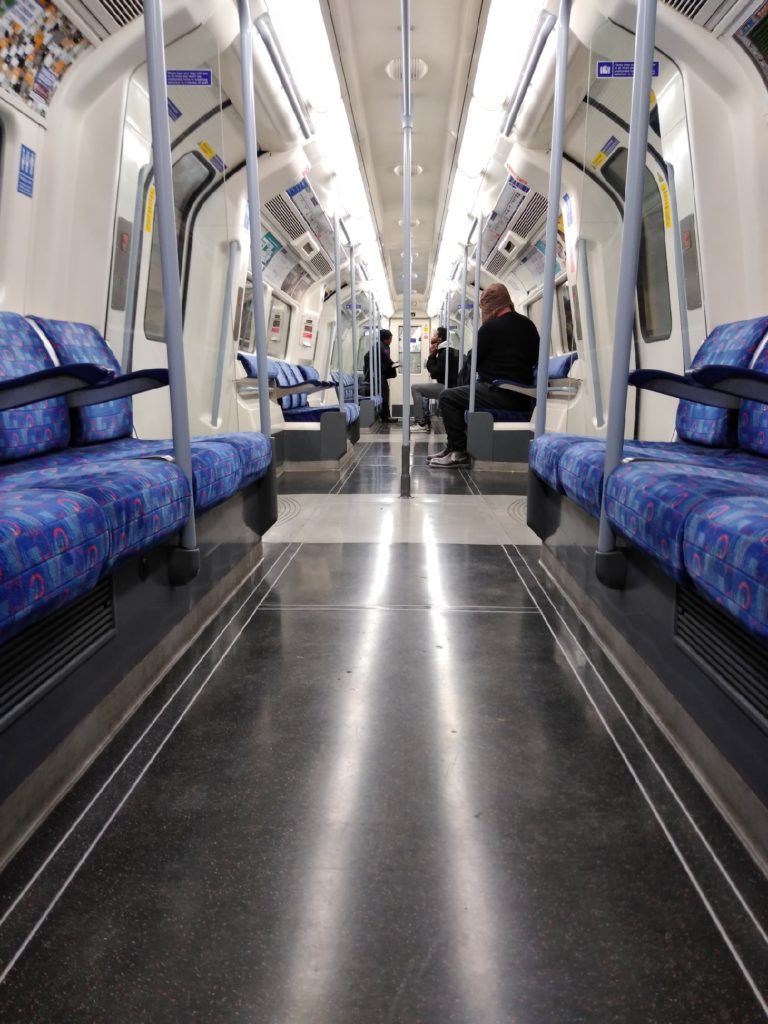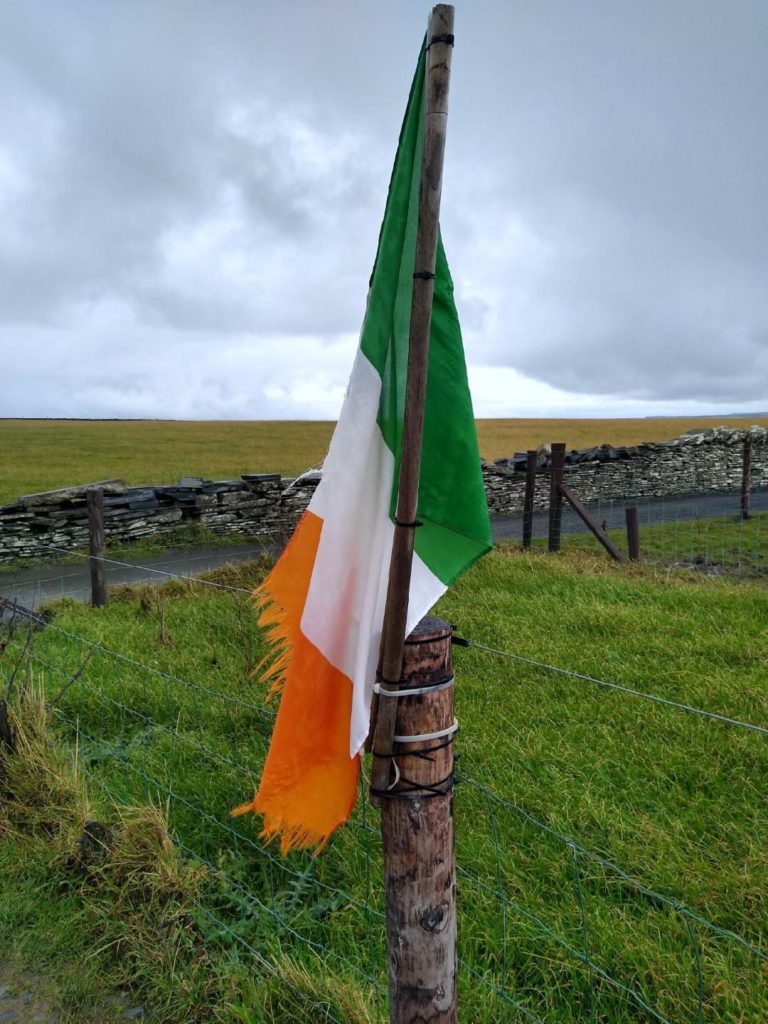
Companions
Sometimes it’s just the two of us traveling together. Travel is so much sweeter when somebody you love is there to share in the experiences and sights. I almost never travel alone. But there is a sweet spot when it comes to travel companions. A giant bus filled with tourists rumbling from one site to the next might appeal to some, but not to me. But I’ve also heard stories of two people that may be friends on a daily basis, but might tire of each other before the trip is over.
Some porridge is too cold, some too hot.
My wife and I often travel with the same group of four or five. And that group is just right. The fun experienced becomes heightened. Conversations richly deepen. And each person’s strength becomes the groups’ strength.
One of the friends we travel with is a bold gal. She has no misgivings about walking up to a stranger and asking for direction, even if she doesn’t speak the language. She’s also gifted at striking up random conversations with random people. She is the social needle that introduces us into the country or culture we are in at any given time.
We walked along and talked during a recent visit to Ireland. Though each of us may be able to go unnoticed alone, the four of us stood out like sore thumbs. A passerby asked us where we were from. Our social butterfly stepped in. She stuck up a pleasant conversation with a man who happened to be Ukrainian.
He spoke of his president and asked about ours. They talked on about the tensions between our respective nations. But they came to the conclusion that our lives were barely affected by the decisions of faraway people in faraway capitals. In the end, a comedian from Ukraine and a billionaire from America can’t change the color of the grass in County Claire, Ireland.
As I walked along with my friends and my new acquaintances from Ukraine, it struck me that I certainly would not have had this conversation without the binding agent of good travel companions.
anthony forrest
